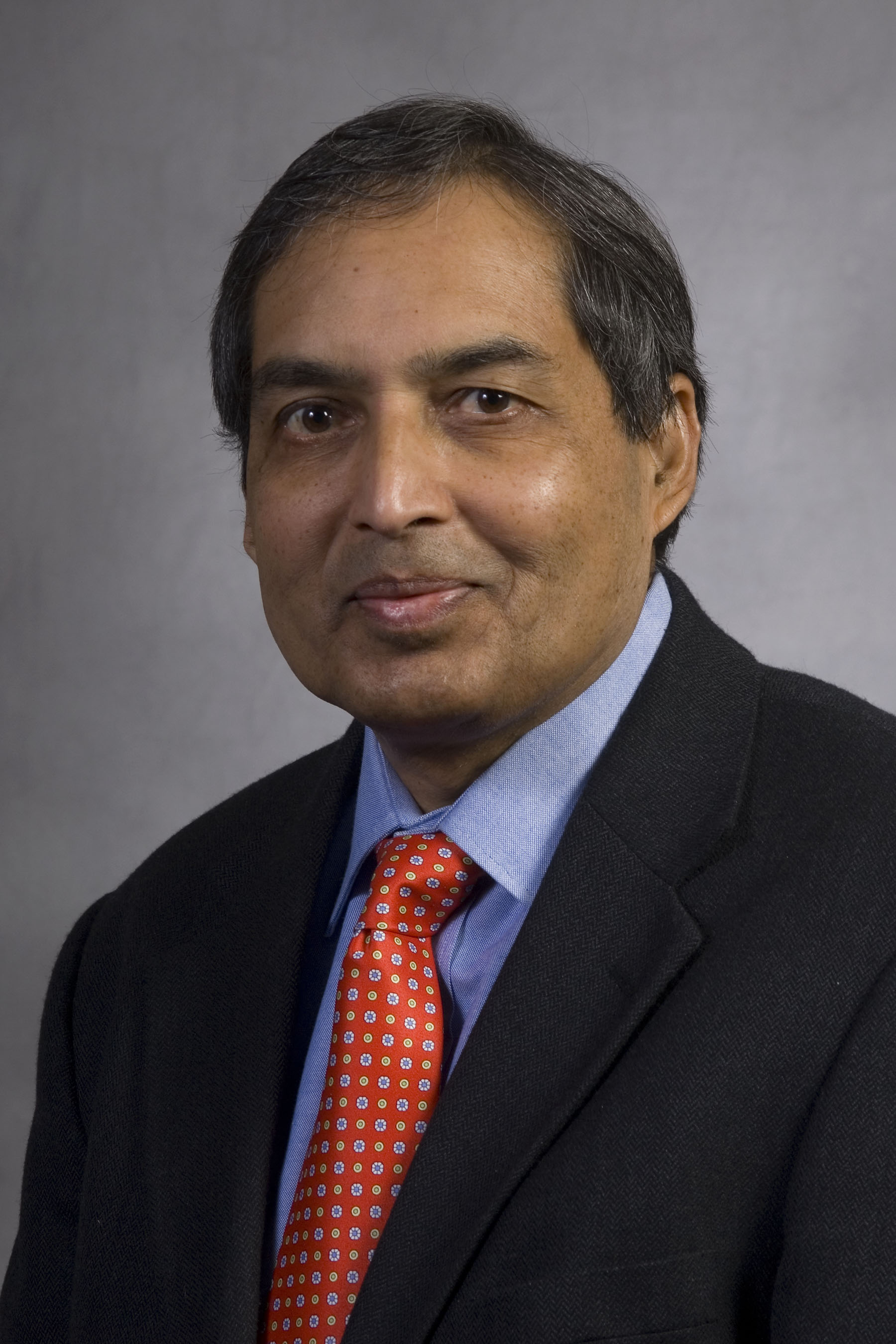Hospitality and tourism management professor receives Fulbright to teach in India

Mahmood A. Khan, professor of hospitality and tourism management at Virginia Tech's Pamplin College of Business, has been awarded a Fulbright-Nehru Scholar grant to teach at the Indian Institute of Technology in New Delhi during the 2009-10 academic year.
Khan, who teaches at Virginia Tech's Northern Virginia Center, National Capital Region, will spend four months in India, primarily teaching MBA courses at the Indian Institute of Technology. He will also travel to different cities in India to give lectures and work with faculty and doctoral students on research topics of mutual interest.
Khan’s research interests are in hospitality franchising; food service management and operational management; consumer preferences in hotels, restaurants, and institutions; menu and food product development; and management of food service operations in commercial and institutional establishments.
The author of six books, including the internationally popular Restaurant Franchising and the Encyclopedia of Hospitality and Tourism, Khan has served as editor of several journals and on journal editorial boards. He is a member of the board of trustees of the International Institute of Hospitality Management. A widely traveled speaker and consultant, Khan has received many national and international awards and honors for his research and scholarship, including a Fulbright Scholar award in 2005.
The Fulbright program, America’s flagship program for international educational exchanges, is sponsored by the U.S. Department of State, Bureau of Educational and Cultural Affairs. Fulbright recipients are selected on the basis of academic or professional achievement as well as demonstrated leadership potential in their fields. Since its establishment in 1946 under legislation introduced by the late Senator J. William Fulbright of Arkansas, the program has given more than 280,000 people — Americans and citizens of other countries — the opportunity to observe each other’s political, economic, educational, and cultural institutions; exchange ideas; and collaborate on ventures. The program operates in more than 155 countries.




